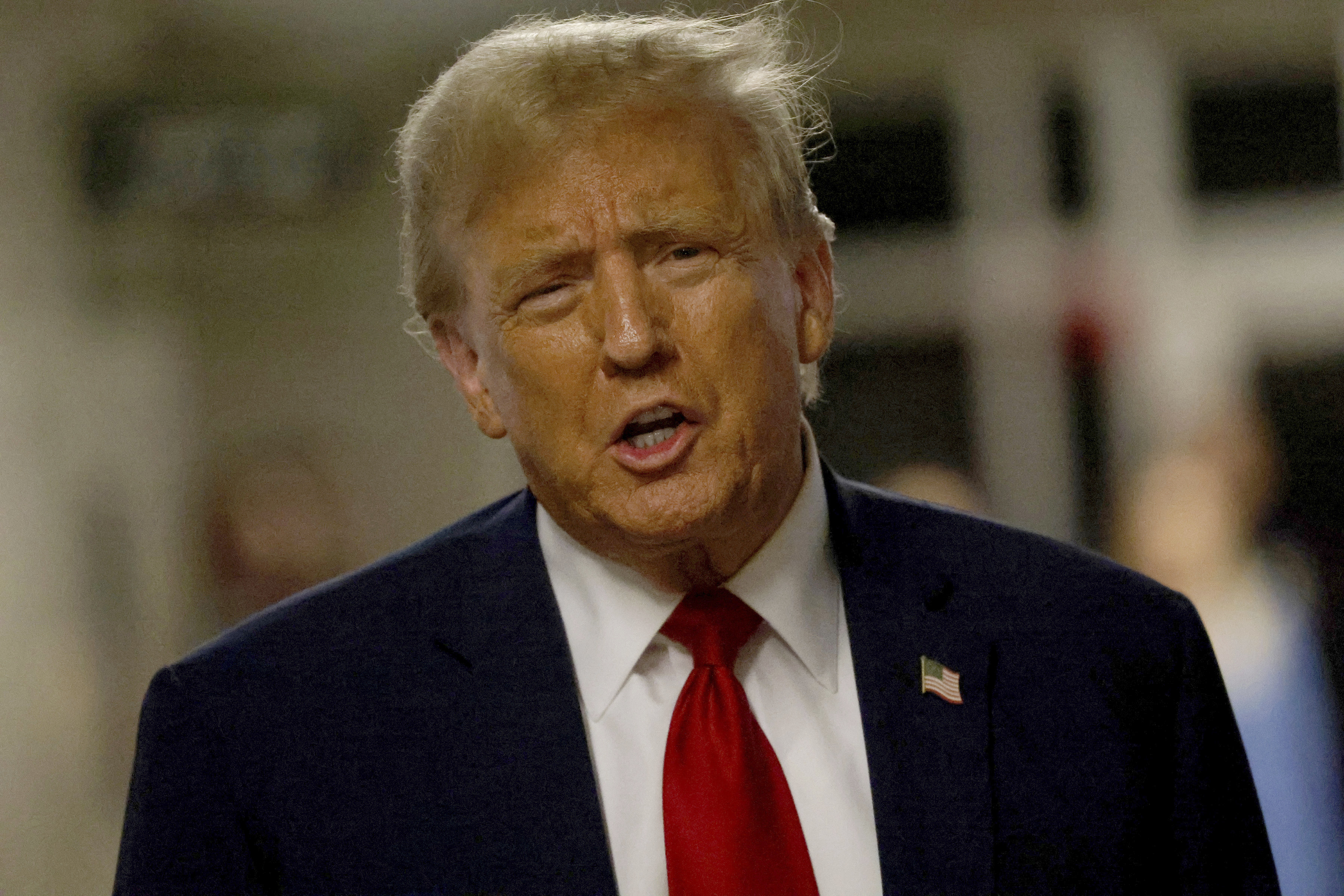Maine lawmakers and other leaders across New England are loudly criticizing a Trump administration proposal to divert federal heating assistance money towards fighting the COVID-19 coronavirus.
Donald Trump's White House wants to move $37 million dollars away from the national Low Income Home Energy Assistance Program.
According to Daniel Brennan, director of the Maine Housing Authority, which determines how the state's LIHEAP funds are spent, 40,000 or so Mainers making an average of $13,000 in annual income use the program locally.
While $37 million is a small fraction of the $3.7 billion national LIHEAP budget, Maine's entire congressional delegation — Republican Sen. Susan Collins, independent Sen. Angus King and Democratic U.S. Reps. Chellie Pingree and Jared Golden — say taking away any LIHEAP money hurts Maine families in the middle of winter.
"LIHEAP is essential to millions of families who would otherwise be forced to make the impossible choice between paying for heat and paying for food or medicine," said a statement from Collins' office. "Our priority is keeping people safe and healthy, but taking money from LIHEAP would have the opposite impact. As a result of this $37 million cut, seniors and vulnerable families could be left out in the cold."
King had harsher words, calling the idea "a ridiculous proposal."
"There are real risks, absolutely," said Brennan. "A large percentage [of LIHEAP funds] go to older Mainers, those under age 6, those predisposed to hypothermia, we're talking about a very vulnerable population."
Politics
Because of the program's use by "millions of families" across the country, lawmakers are optimistic the funding will remain at current levels.
"I don't think Congress is going to put up with it," said King.
Other New England lawmakers opposed to the White House plan include Sen. Jack Reed of Rhode Island, Rep. Peter Welch of Vermont and Rep. Joe Kennedy III of Massachusetts, all Democrats.



